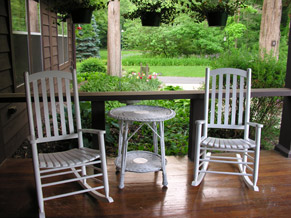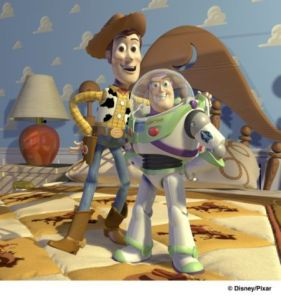
My wife and I went on a retreat sponsored by Pastor’s Retreat Network www.pastorsretreatnetwork.org
We vistited the Cedarly House near Delafield, Wisconsin (about 30 minutes west of Milwaukee–walking distance from Nashotah House Episcopal Seminary). Spending five nights at Cedarly was more than a vacation. Vacations often become times of overspending, gratuitous activity, and an over-saturation of TV.
Such was not the case in our time away. This was a liberating experience that ‘took us out of the game’ of service and commitments for awhile. While we gazed at the wonder of a beautiful Wisconsin lake and walked through a forest replete with deer and small wildlife, we took time to delight in God and rekindle our love for each other.
We meditated, prayed, read Scripture, for the sheer joy of connecting with Christ. We learned again that the spiritual disciplines are not intended as activities of legalism or strict asceticism, but for placing ourselves into the presence of God–for learning to be on his Kairos (eternal) time rather than our own time.
What I learned in particular was how unfocused, anxious and dis-eased ‘normal’ life is, especially when given the opportunity to step away from it for a time. It took be two or three days to leave behind the worries of ministry. If I feel ‘dis-eased’ at the pace of life, being a shepherd of souls, how much more does the person who doesn’t ‘have’ to think about God live in disorder, hurriedness and worry.
Retreat is always difficult to translate into ‘real’ life. However, it is not a luxury as a Christian (and especially not a pastor or priest) to spend real, intentional and substantial time with Christ regularly. How else can we hear from God?
In Richard Swenson’s book, Margins, he describes the pace of our lives like the pace of a car. Overload is the fastest pace, unsustainable busyness, a pace many are in more than they should be. Drive is where we usually are, doing daily tasks, going from place to place. Stop is ceasing activity for a little while, the only real speed that we can have relationships with others–and where we often fail. Is stope where we meet God? No, for Swenson, Park is the only speed that we can commune with God. This is being totally still, getting out of the car, and listening to the silence of his presence.
Yes, it is possible to get to a place where we can ‘practice the presence’ everywhere we go, but not until we learn to be still, to have ears to hear and eyes to see. How can we hear what God says until we learn how to listen?
At Cedarly, for a few days at least, we were on God’s time, in his space, learning to listen once again. God is faithful.








